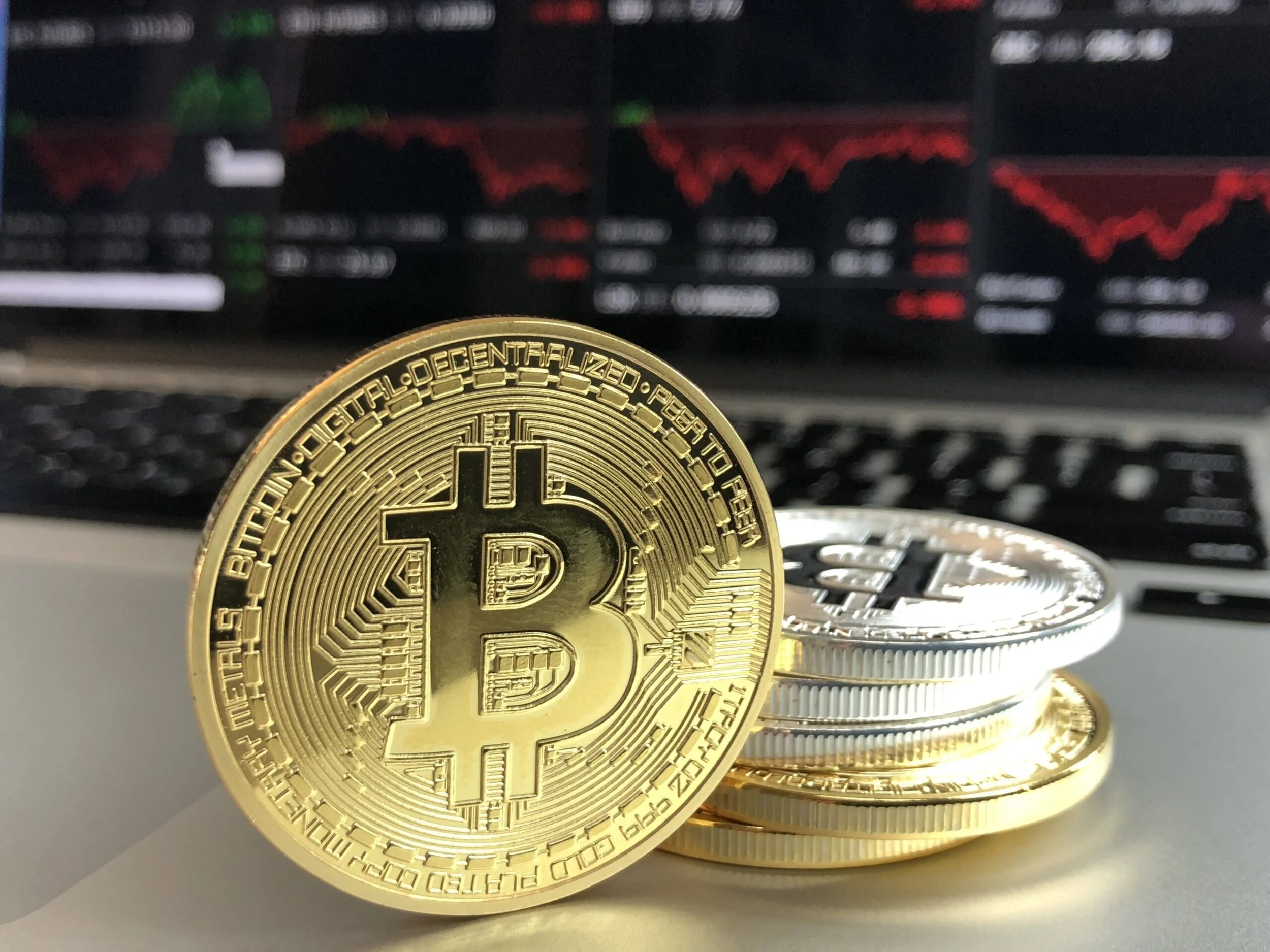The origins and future challenges of Bitcoin
Unless you’ve been living under a rock, you will have heard of Bitcoin, the volatile digital currency.Those who were lucky (or smart) enough to be early adopters are now worth billions. There are now famous examples of early purchases that today would seem insane, such as the pizza purchase in 2010 for 10,000 bitcoins, now worth a whopping $100 million. Bitcoin has evolved from being a niche technology used to purchase illegal drugs on the dark web to becoming legal tender in Japan.The digital currency’s origins make it all the more mysterious.The pseudonymous founder Satoshi Nakomoto posted a white paper in 2008 on a cryptography mailing list. This paper described a digital currency that would for the first time allow for a peer-to-peer decentralised payments system.The technology offered the possibility of being free from having to rely on large financial intermediaries to hold one’s wealth. Following on from the worst banking crisis in over 70 years, this was a particularly attractive offering. In fact if you live in a country with bad economic governance such as Venezuela it can be an ideal store of wealth.The idea of course had been tried before. Both E-Gold and DigiCash were previous incarnations of pure digital money, but failed due to mismanagement and government intervention.Bitcoin’s key innovation was in the lack of a central authority managing the digital payments system. There is no Bitcoin corporation you can sue — it is managed by the myriad of people whose computers “mine” the currency.However, while Bitcoin is a great feat of technological innovation it still faces growing questions over whether it can fulfil its original purpose of being a truly major digital payments system. Less than one per cent of the world own any cryptocurrencies. Furthermore, the currency is experiencing stiff competition from newer cryptocurrencies and a severe lack of regulatory clarity.With the rise of Distributed Ledger Technology in financial firms, Bitcoin has likely forever changed the way many businesses and countries will operate. However, the currency itself still has a way to go before total mainstream adoption and is expected to see turbulent times ahead.

